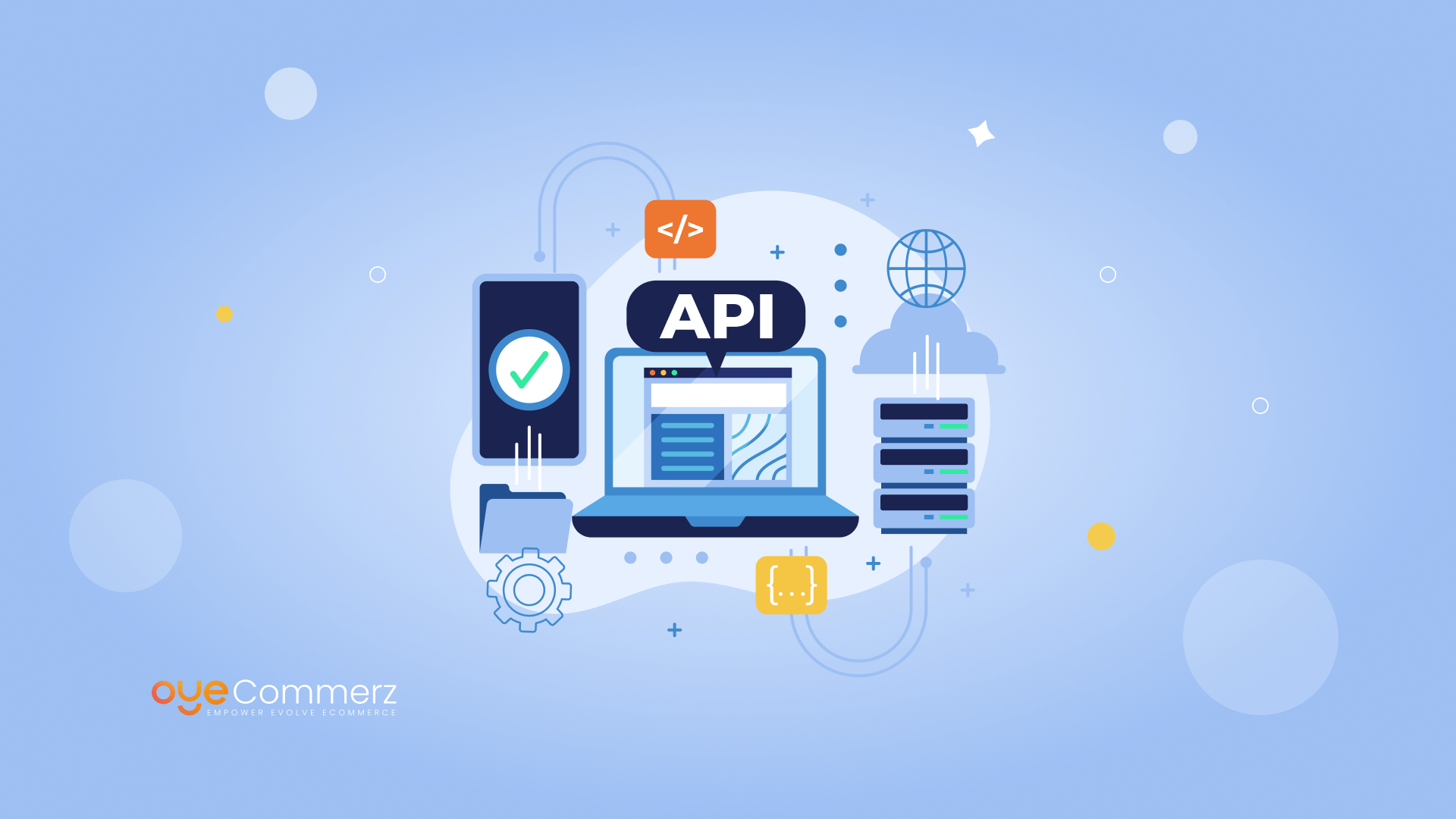Introduction
In today’s cutthroat e-commerce environment, standing out is paramount, and a top method to differentiate a Shopify store is through custom app creation. A robust Shopify app can enhance store functionality, simplify processes, and elevate customer engagement. This guide explores key elements of Shopify app development, covering API integration and app ecosystem to scaling strategies and promotion methods, offering a roadmap for companies seeking unmatched store efficiency.
The Importance of Shopify API Integration
Shopify’s API offers robust tools to personalize and expand store functionalities. With GraphQL and REST APIs, developers can access data to build applications that manage inventory control, order handling, and customer information management seamlessly. Integrating Shopify’s API can enable improved workflow automation and allows stores to assist shoppers more effectively.
Utilizing the Polaris Design System
Polaris is Shopify's set of design guidelines for designing user-friendly and easy-to-use Shopify apps. By adhering to Polaris guidelines, developers ensure that apps integrate smoothly within the Shopify Admin interface. This provides a cohesive look and feel that appeals to Shopify merchants, promoting ease of use and comfort for merchants using your custom app.
Understanding the Shopify App Ecosystem
The Shopify app ecosystem provides numerous opportunities for improving e-commerce sites. From handling order fulfillment to boosting customer interaction, apps in this ecosystem are tailored to meet various business needs. Familiarizing with this ecosystem assists developers in finding unique app opportunities and allows for seamless integration of external tools that add value to the store.
Building Embedded Shopify Apps
Embedded apps work seamlessly within the Shopify Admin, allowing a seamless experience for merchants. They ensure that merchants do not need to navigate away from their Shopify control panel, streamlining their workflow. Using Shopify App Bridge and embedded app capabilities is recommended for providing a cohesive, integrated user environment.
Using Node.js and React for Shopify Apps
Node.js and React have emerged as ideal tools for Shopify app development. Node.js enables efficient back-end services, while React enables interactive and adaptive front-end user interfaces. Combined, they provide an strong framework for creating speedy, scalable Shopify apps that enhance store functionality and customer interaction.
Utilizing Webhooks in Shopify Development
Webhooks allow real-time data synchronization between Shopify and an external app. They trigger events such as new orders or inventory updates and provide immediate alerts to your app. By implementing webhooks, apps can deliver real-time information to store owners, simplifying processes and increasing productivity.
Engaging Customers Through Digital Marketing for Shopify Apps
To ensure Shopify app success, connecting with users is key. Using online marketing techniques like SEO, email marketing, and social outreach can drive app adoption. Additionally, designing apps with customer engagement in mind (e.g., loyalty programs or personalized recommendations) increases user retention and satisfaction.
Making Your Shopify App Scalable
As e-commerce stores expand, so do their technological needs. Making sure that your app can scale to handle increased traffic, larger data sets, and more complex functionalities is critical. By optimizing server capacity and implementing scalable solutions, you can develop apps that grow in parallel to a store’s success.
Important Features and Maintenance Tips for Shopify Apps
For an app to be useful, it should include essential features like user login, dashboard analytics, and support channels. Regular app maintenance, including updates to fix bugs and compatibility checks with new Shopify functionalities, is vital to ensure Integrating third-party services on Shopify uninterrupted performance and prevent disruptions to business processes.
Conclusion
Custom Shopify app development offers immense opportunities for e-commerce businesses, providing the chance Enhance Shopify sales channels to enhance performance, streamline processes, and foster customer loyalty. With API integrations and Node.js to focusing on scalability and customer interaction, building a Shopify app requires careful planning and strategic execution. If you’re prepared to unlock your store’s full potential, a custom Shopify app may be the ideal solution. What capabilities do you see for your ideal app? Share your thoughts and take the first step toward an enhanced e-commerce journey!
